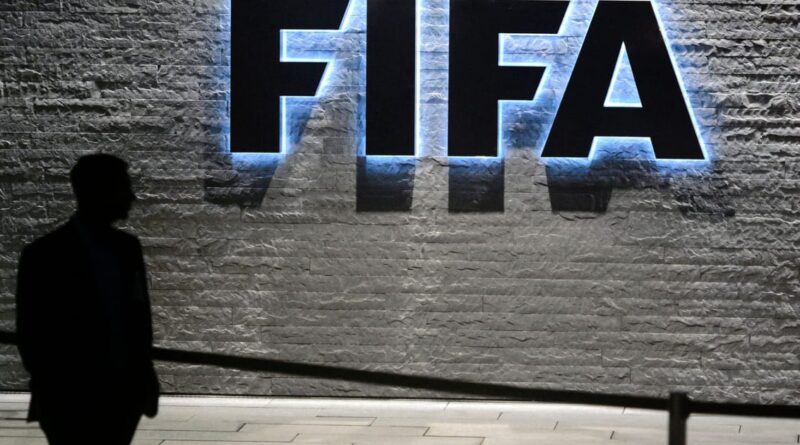EU Commission supports FIFA in row with football agents
The European Commission is backing FIFA’s attempt to regulate the world’s top football agents.
Strict new laws imposed by the world football governing body — including a cap on fees that agents can make from a player transfer deal — have won approval in Brussels ahead of a hearing at the Court of Justice of the European Union, according to the Commission’s written submission to judges.
The EU executive also came down in favor of a ban on agents representing all parties in the same transfer deal, the beefed-up requirements to become a licensed football agent and a rule by which players (not clubs) must pay their agents, said the written observations to the CJEU in Luxembourg, dated October 25 and seen by POLITICO.
The Commission’s full-throated backing for FIFA is the latest twist in a bitter feud between the governing body and top agents, who say FIFA is unfairly moving to clamp down on their earning potential while acting against EU competition law.
But in its observations, the Commission said that restriction of competition caused by the Football Agent Regulations can be justified by the legitimate objectives pursued by FIFA, and noting it “attaches particular importance” to the goals of protecting contractual stability, limiting conflicts of interest and protecting players who lack experience or information about the transfer system.
A court in Mainz, Germany had asked the EU’s top court for guidance on points of EU law after senior German football agent Roger Wittmann and his company RRC Sports asked for a ruling on whether FIFA’s laws are legal.
The Commission pointed, in its observations, to the “degree of discretion” which EU law historically grants associations to govern their sports.
On the controversial agents’ fees cap, the Commission’s legal service said “the defendant has plausibly pointed out that very high agency commissions, which are completely decoupled from the cost of the consideration, create a strong incentive to exert massive influence on players in particular in order to force an early transfer.”
And regarding the ban on agents representing the player, the buying club and the selling club in the same deal, the Commission said the regulation also “appears suitable” to combat that potential conflict of interest.
“Insofar as a player agent is mandated simultaneously by the releasing club, the player and the receiving club, it is not evident how the player agent can act simultaneously in the best interests of all three principals,” it added.
The Commission even noted that FIFA’s rules may not go far enough to prevent conflicts of interest, as they still permit “dual representation [by an agent] of player and host club.”
Earlier this year, the world’s top agents — represented by The Football Forum, an association that represents football agents and players — complained to the Commission that FIFA’s new rules would unfairly harm their earning potential. The observations delivered by the Commission’s legal service effectively leave that complaint dead in the water.
FIFA rolled out this year the new laws for all football agents, some of whom make huge sums of money brokering transfer deals between clubs. The regulations, stridently opposed by top agents, have become snarled in litigation in countries including Germany, Spain and Belgium.
The governing body has said the rules have the “objective of reinforcing contractual stability, protecting the integrity of the transfer system and achieving greater financial transparency.” Top agents laughed off FIFA’s rationale, with one agent representative describing it in April as “cartel activity.”
A date for the hearing at the court in Luxembourg has not yet been set. The case is C-209/23 RRC Sports.



